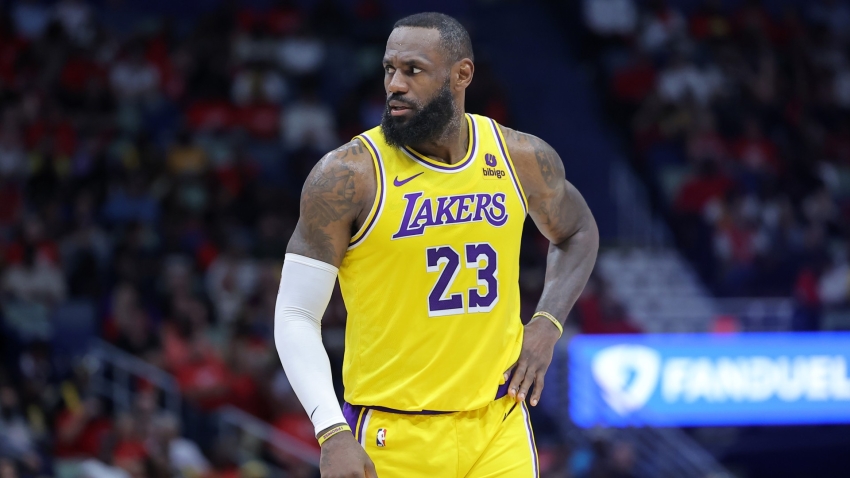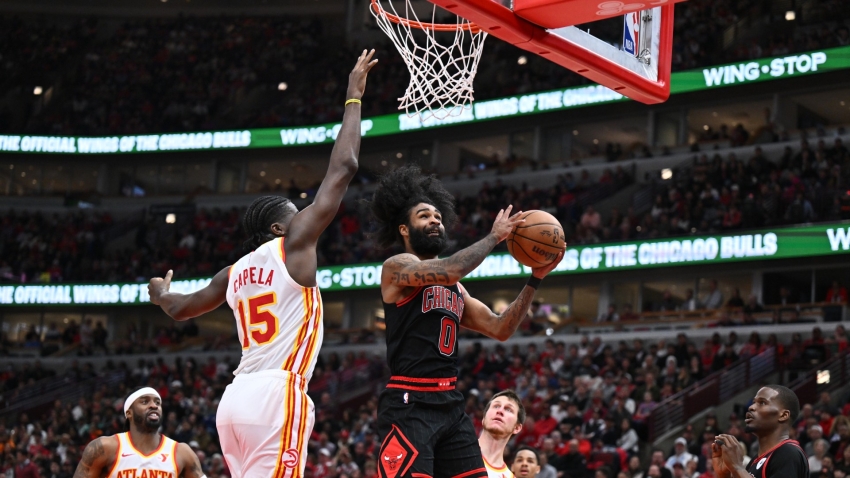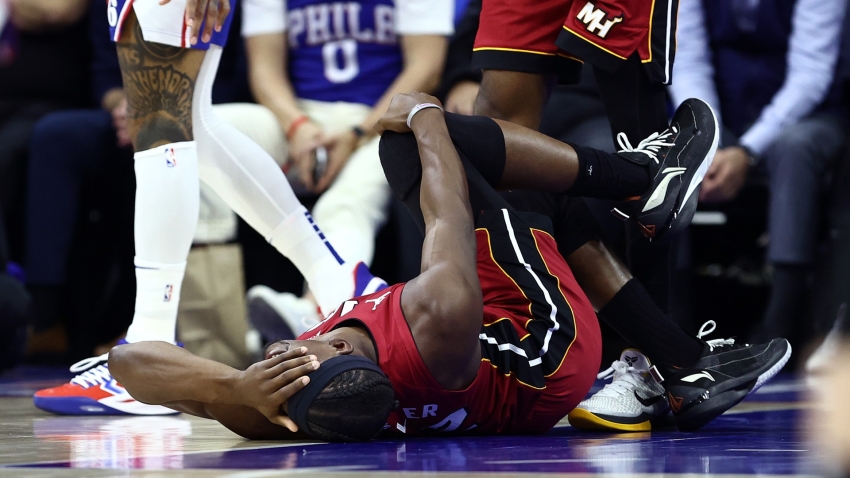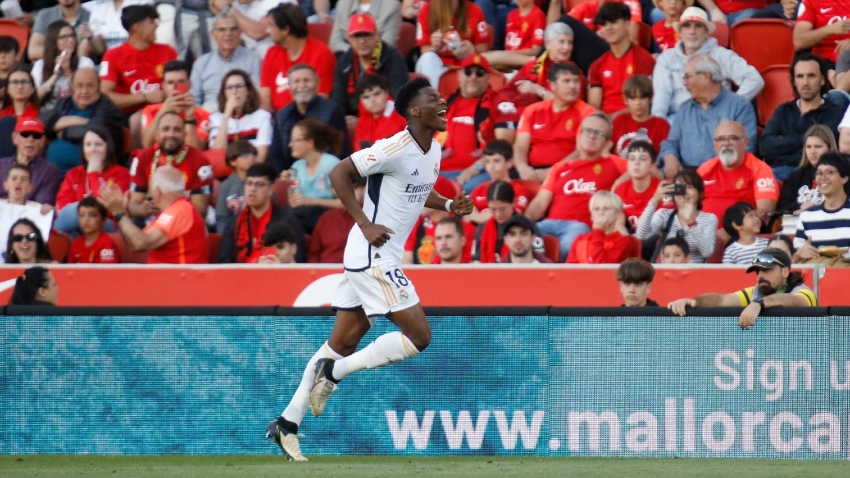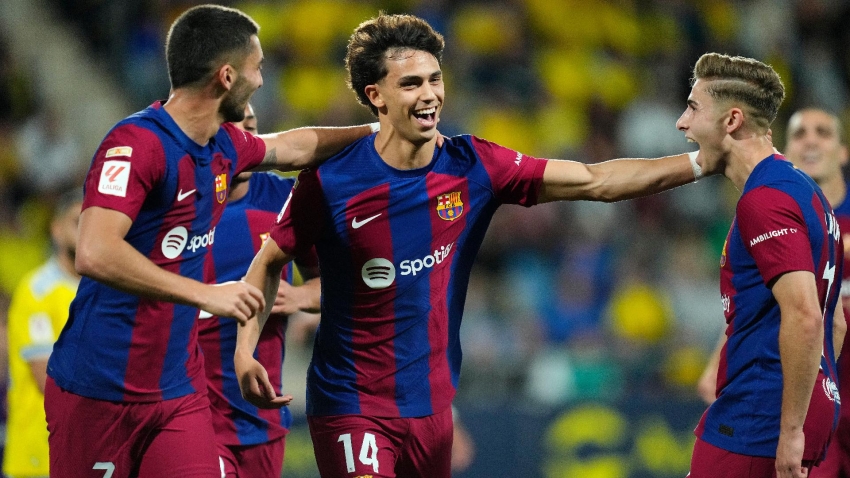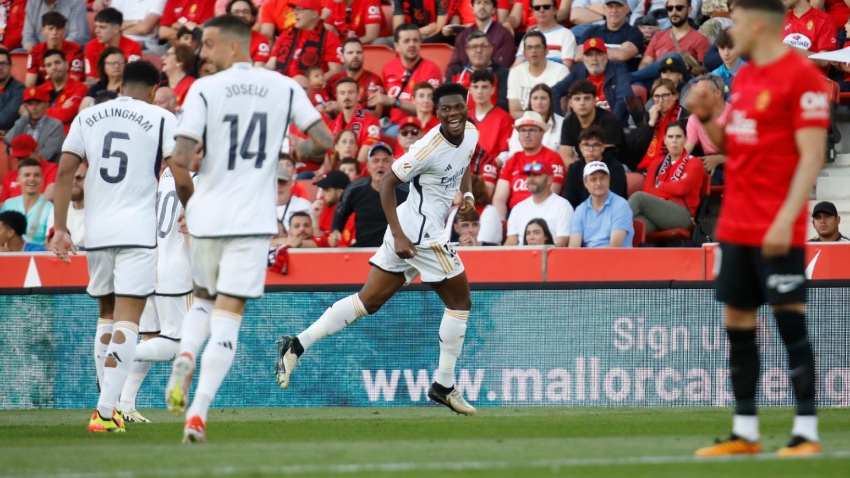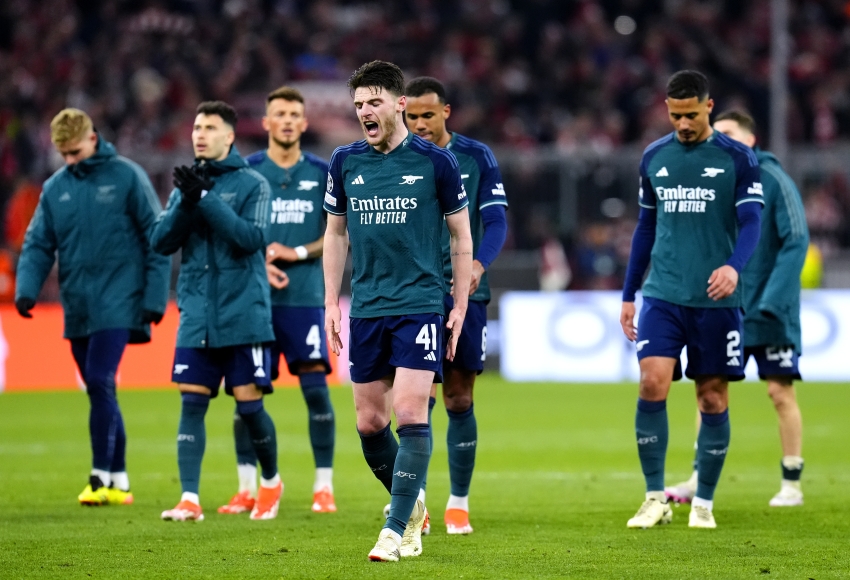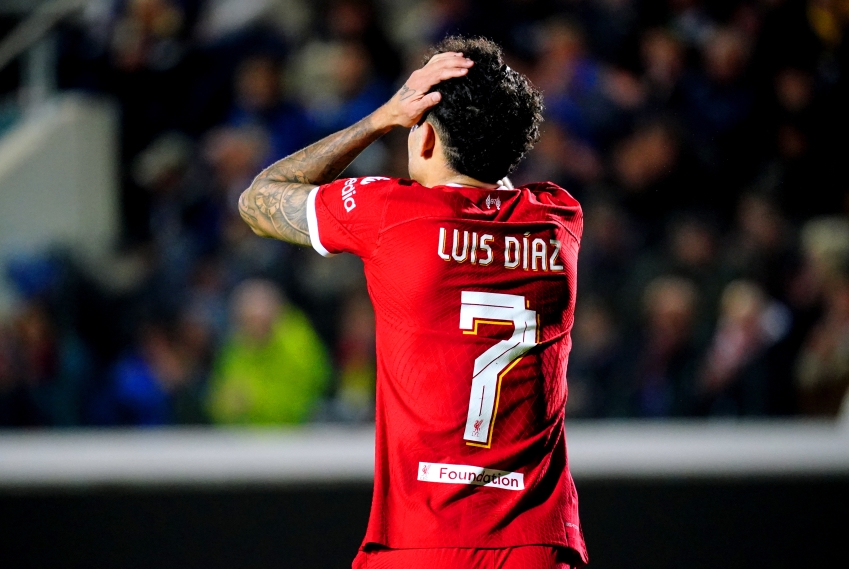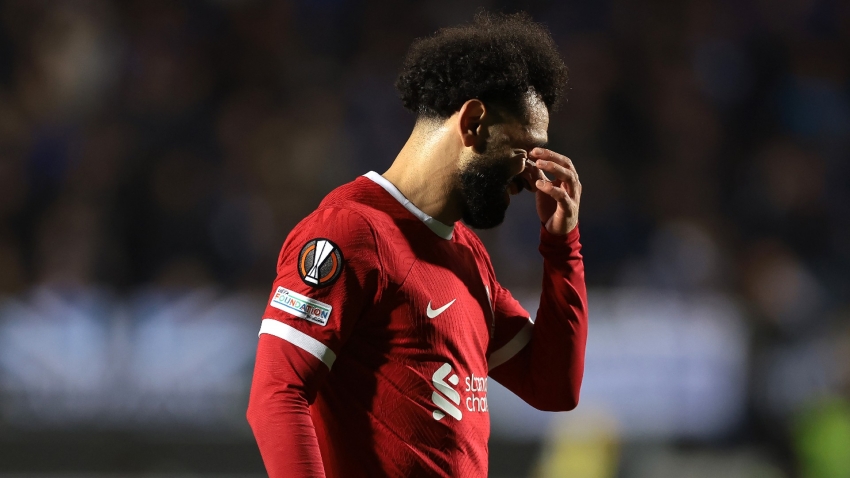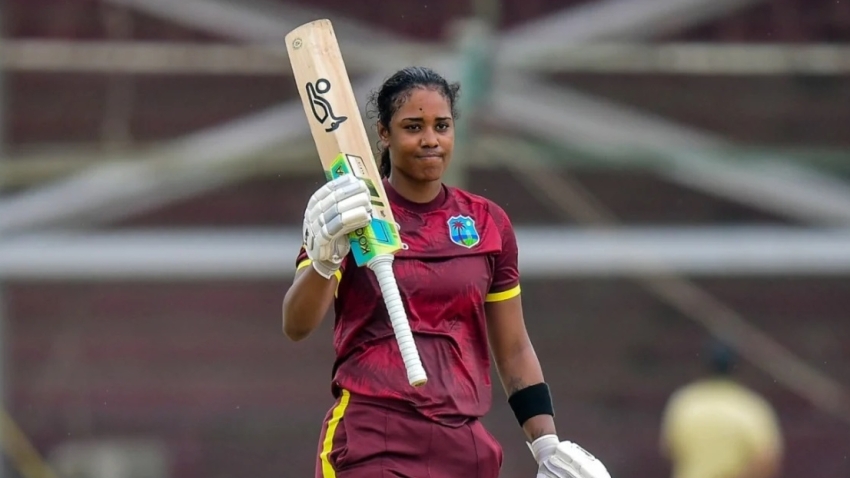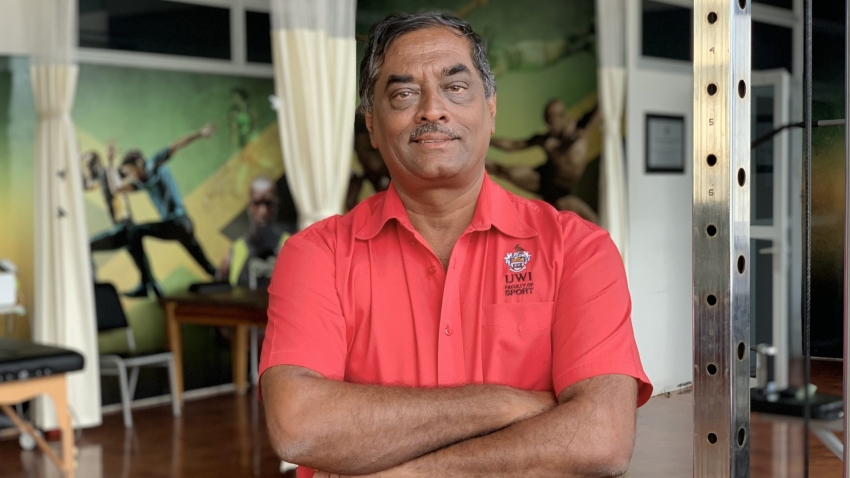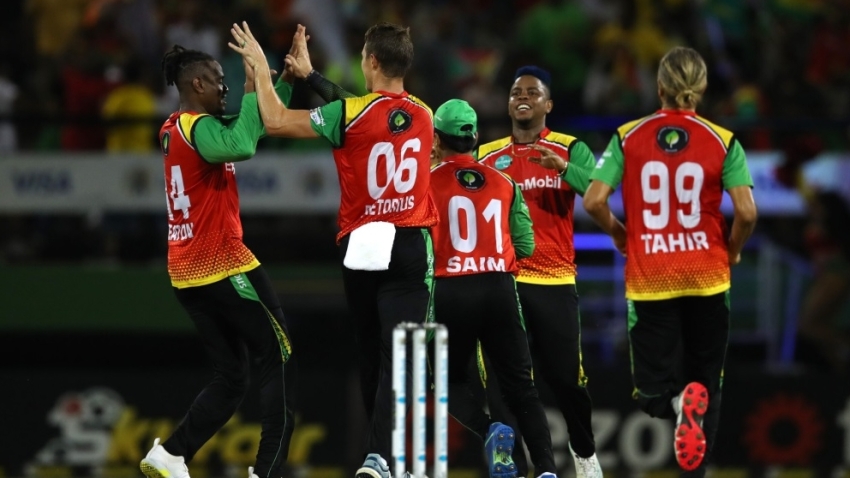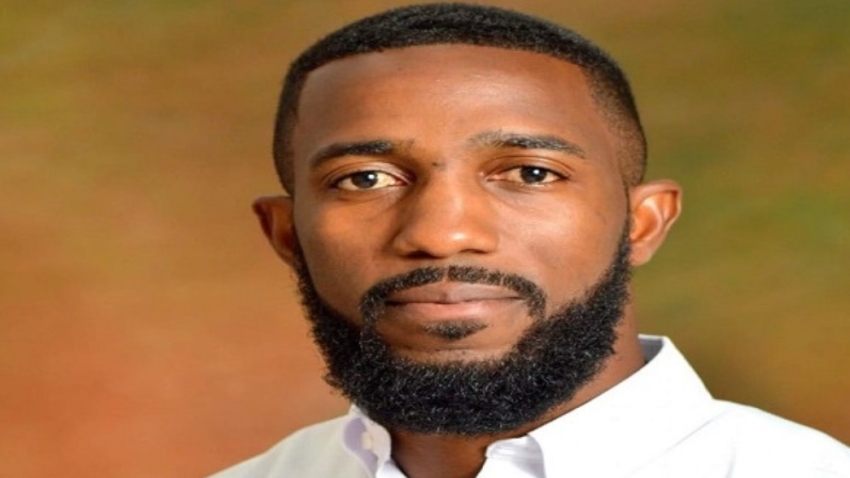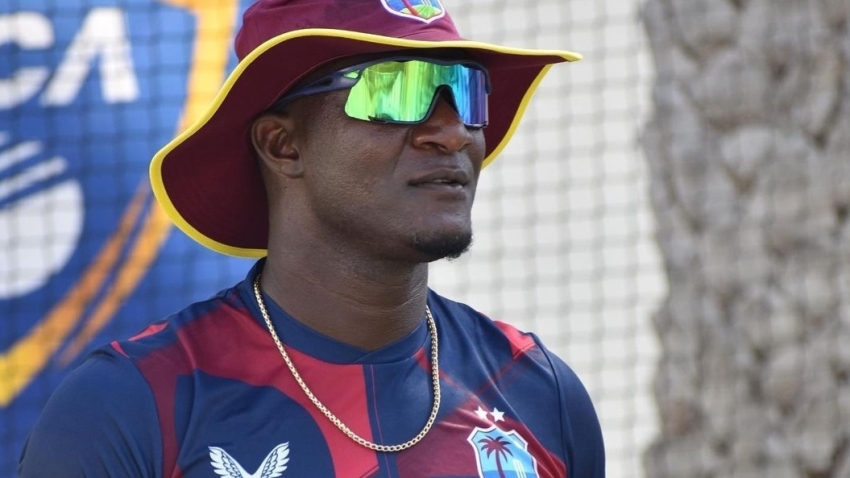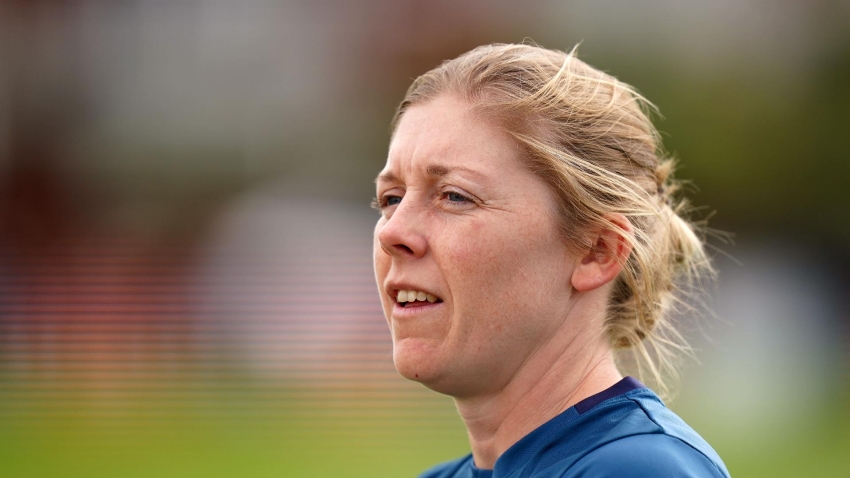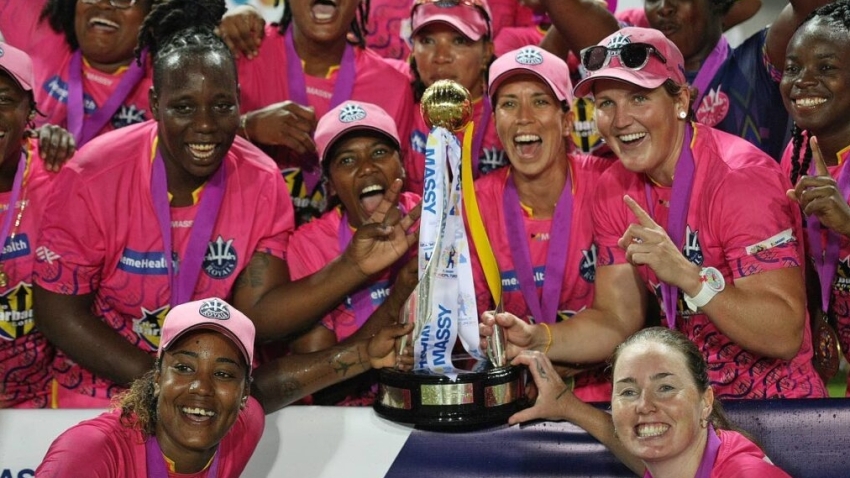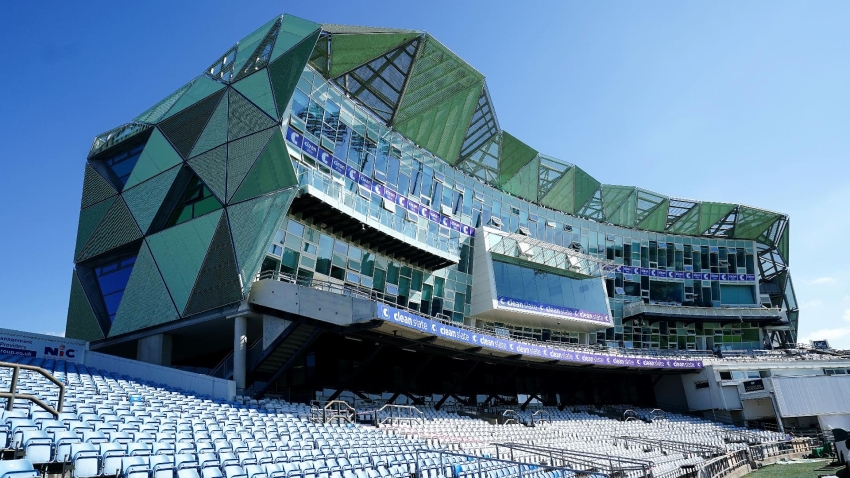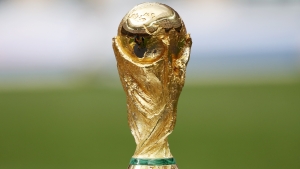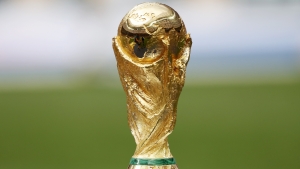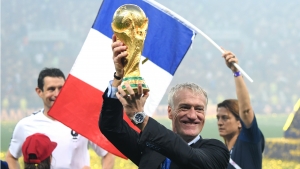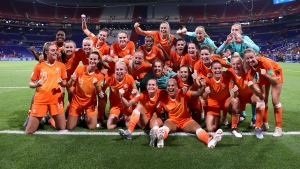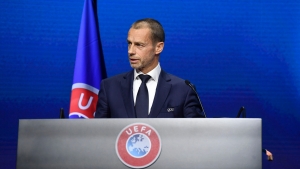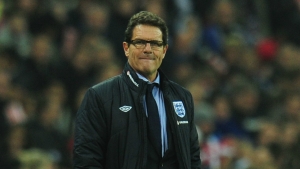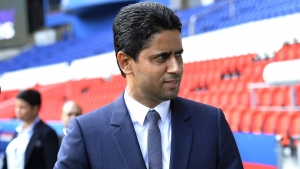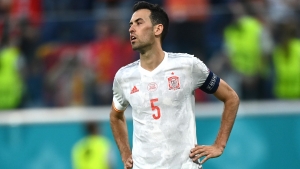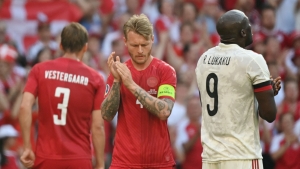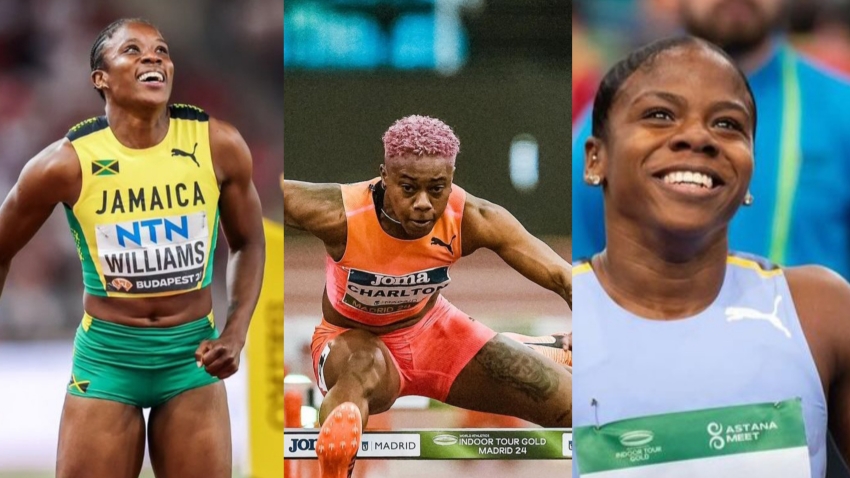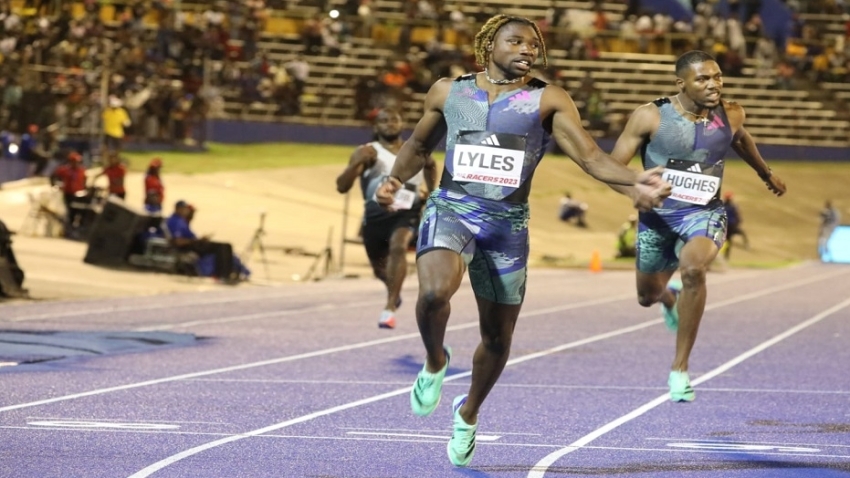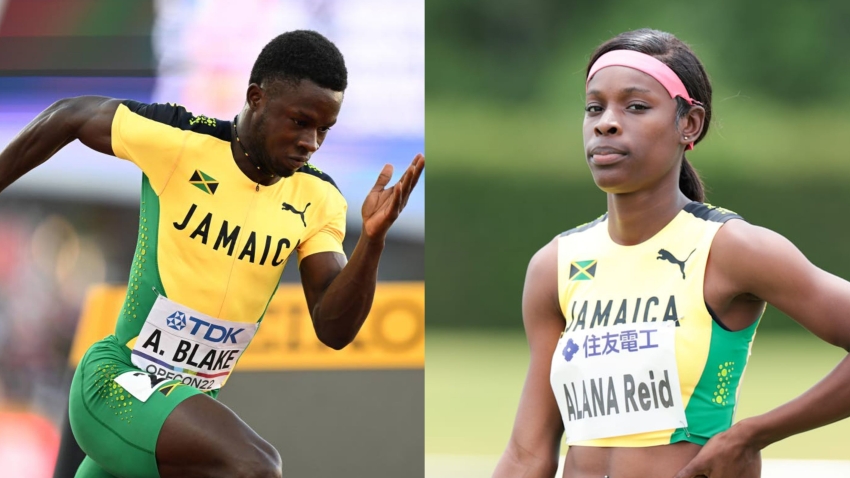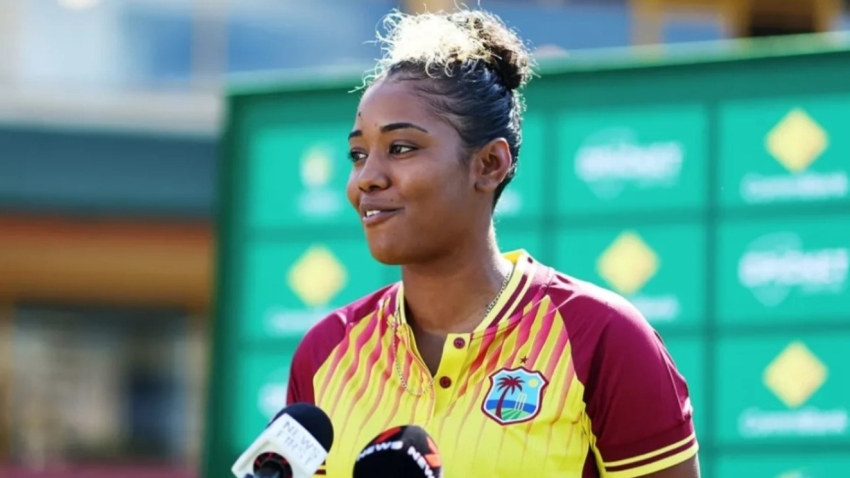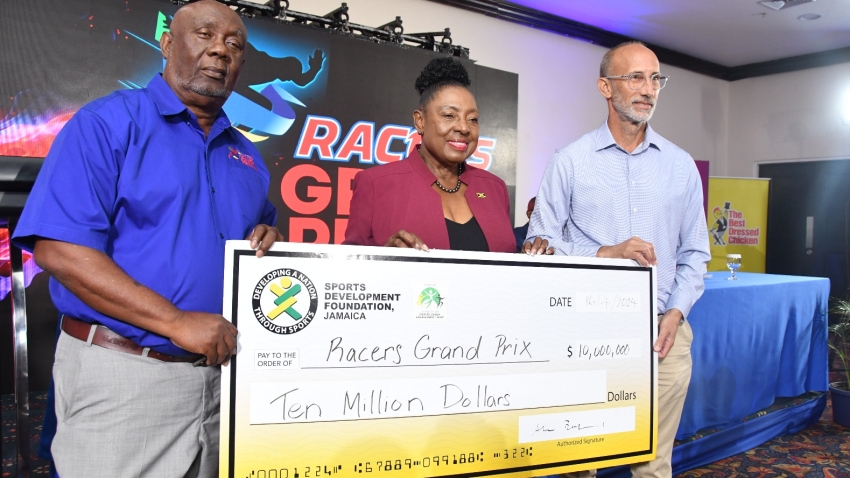Barcelona, Real Madrid and Juventus continue to "twist narratives" and "shout at the sky" by pursuing the Super League, Nasser Al-Khelaifi has said.
The Paris Saint-Germain president was appointed as chairman of the European Club Association (ECA) in April amid the fall-out from the proposed plans by 12 of the continent's biggest clubs to form a breakaway competition.
Al-Khelaifi replaced Andrea Agnelli, the Juventus president who left the ECA after the Serie A club committed to the Super League, a project with which PSG were not involved.
Nine of the 'founder' clubs withdrew from the plans following huge backlash from fans, but Barca, Madrid and Juve have continued to back the plans as a means to protect the future of European football.
Speaking at the ECA general assembly on Monday, Al-Khelaifi said: "I will not spend much time talking about the 18th of April, and the 'not-so-Super League', because I do not like to focus on fabulists and failures.
"Together, we defended the interests of European football for everyone – for the players, the clubs, the leagues, the national associations, and most of all, the fans. We relied on the resolve and strength of president [Aleksander] Ceferin, who stood up to the midnight coup – and people with short memories should remember that this is exactly what it was.
"And while the three rebel-clubs waste energies, twist narratives and continue to shout at the sky, the rest of us are moving forward and focusing every energy on building a better future for European football – together as one.
"As you know, for the nine clubs who asked to come back into our family, the ECA board has re-integrated them into our structures with renewed commitments to strengthen our association. I welcome them back to the ECA family."
Al-Khelaifi also announced a five-point plan from the ECA to "repair and strengthen European football", with financial safeguards a priority amid the damage caused by the coronavirus pandemic.
The ECA intends to create a debt fund alongside UEFA to help clubs in their recovery, while Financial Fair Play measures are set to be changed, with reports suggesting a salary cap could be introduced.
"The first priority is to bring urgent financial stability to European football," said Al-Khelaifi. "Even before COVID, many financial problems affected football. However, the pandemic has magnified them all. We are all facing this new COVID reality today – every single club is feeling the pain; big clubs and small clubs, from all parts of Europe.
"During the two pandemic seasons, there has been billions of losses in revenues in European football – and we are not through the woods this season either. If we don't act soon, the damage will be impossible to reverse.
"The ECA is working hand-in-hand with UEFA to put in place a multi-billion euro debt fund to allow clubs of all tiers to accelerate their recovery from the financial devastation of COVID. We know the need from our members is significant, and we have fought strongly for this project.
"I would like all of your support so we can quickly put the closing elements in place with UEFA. We can then provide simple and fast support to help overcome the liquidity crisis that is still engulfing our clubs and the communities they support.
"In addition, as we look to avoid financial trouble in the future beyond the COVID crisis, an emergency UEFA-ECA fund for future crises is being examined.
"Further, the ECA has also championed a separate initiative to re-distribute around €50million per year more of solidarity money for the benefit of smaller clubs not participating in European club competition. Smaller clubs need this extra money. This is what I mean by saying the ECA represents the interests of all.
"Finally, new Financial Fair Play regulations will be put in place with the objective for European club football to remain at the pinnacle of sport and entertainment, but while also ensuring a stable, sustainable, inclusive and competitive football pyramid."


